What important dates should I be aware of for the Spring 2026 semester?
Spring 2026 Academic Calendar
December 1: Fall Classes are Accessible on Populi
December 1 – 10: Online Orientation, Spring Course Registration
January 5: Spring Classes are Accessible on Populi
January (TBD): New Student Welcome (Virtual)
January 19: Martin Luther King Holiday (No Classes/Offices Closed)
January 26: Spring 2026 Weekly Classes Begin
February 16: President’s Day (No Classes/Offices Closed)
February 20: Last Day to Add Classes
February 27: Last Day to Receive Full-Refund for Dropped Classes
March 6: Last Day to Change Grade Options
March 6: Last Day to Received Half Refund for Dropped Classes
March 13: Last Day to Drop Spring Classes without “W”
March 30 – April 3: Spring Recess (No Classes)
May 1: Last Day to Withdraw from Spring Classes with “W”
May 1: Last Day to change From Credit to Audit
May 1: Last Day for Matriculated Students to Change from Audit to Academic Credit (Letter Grade Only)
May 4: Spring Classes End
May 5 – 8: Final Examinations
Are these Graduate Seminars accredited?
Yes. All Graduate Seminars are accredited through our academic partner, Claremont School of Theology, and approved for credit at CSULB.
Do these courses count for credit at CSULB?
Yes. CSULB permits you to take up to two external graduate seminars for credit toward your degree requirements. Each seminar is structured as a 3-credit course. Please confirm with your academic advisor to ensure these courses align with your specific degree plan.
Will these courses count toward my graduation requirements?
In most cases, yes. CSULB allows up to two 3-credit courses from an approved external institution to apply toward your graduate degree. Always verify with your department to confirm how these credits will fulfill your specific program requirements.
What are the requirements for these Graduate Seminars?
Seminars are offered synchronously online via Zoom. Non-language seminars meet for three hours once a week, while language courses (e.g., Sanskrit) meet for 1.5 hours twice a week. Course requirements typically include in-class discussions, homework, presentations, translations (for language courses), and research papers. Attendance is required. All course times are listed in Pacific Time. Specific course information is available on individual course pages.
Are these seminars graded?
Yes. Your seminar professor will assign a final grade, and Claremont School of Theology will issue a transcript reflecting your performance. CSULB determines whether your grade factors into your GPA. Students who are auditing a course will not receive a letter grade but will be able to attend the seminar with access to the course materials.
Who is eligible to enroll in these Graduate Seminars?
All graduate students at CSULB are eligible. Exceptional undergraduates may also enroll with a professor’s recommendation and departmental approval.
How do students pay for Graduate Seminars? Can they use financial aid?
Students pay tuition directly to CST. For information on tuition rates and financial aid, check out CST’s page on
Tuition & Fees.
Are these seminars of equal quality to a course at CSULB?
Yes. These seminars are taught by leading scholars in Engaged Jainism, Yoga Studies, Vegan Studies, in a live university setting with our accredited collaborator, Claremont School of Theology. Our seminars emphasize interactive learning, faculty mentorship, and research-based assignments, reflecting the same academic rigor as CSULB’s graduate courses.
How will my credits transfer to CSULB?
Once you complete your seminar, Claremont School of Theology will send a graded transcript directly to CSULB for credit application.




 Spring 2026 (January 26 – May 4, 2026)
Spring 2026 (January 26 – May 4, 2026)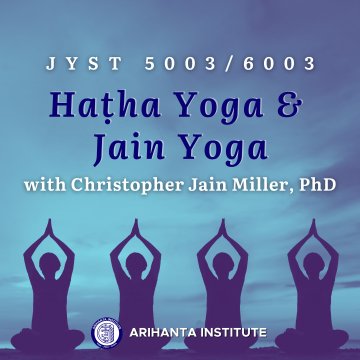
 Spring 2026 (January 26 – May 4, 2026)
Spring 2026 (January 26 – May 4, 2026)
 Spring 2026 (January 26 – May 4, 2026)
Spring 2026 (January 26 – May 4, 2026)
 Spring 2026 (January 26 – May 4, 2026)
Spring 2026 (January 26 – May 4, 2026)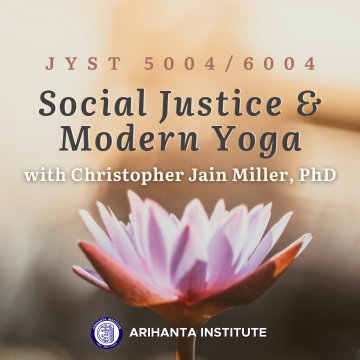
 Fall 2025 (September 2 – December 8, 2025)
Fall 2025 (September 2 – December 8, 2025)
 Fall 2026
Fall 2026 
 Fall 2025 (September 2 – December 8, 2025)
Fall 2025 (September 2 – December 8, 2025)
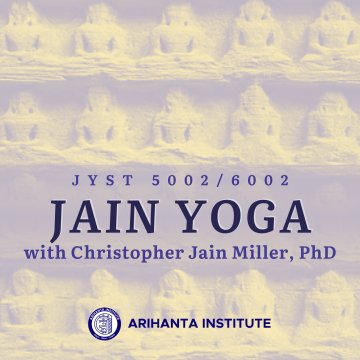
 Fall 2026
Fall 2026 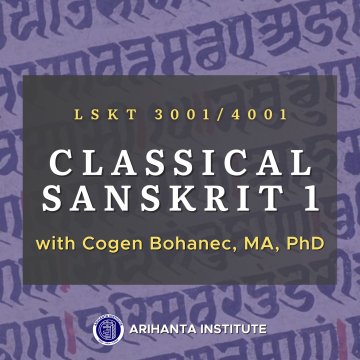
 Fall 2025 (September 2 – December 8, 2025)
Fall 2025 (September 2 – December 8, 2025)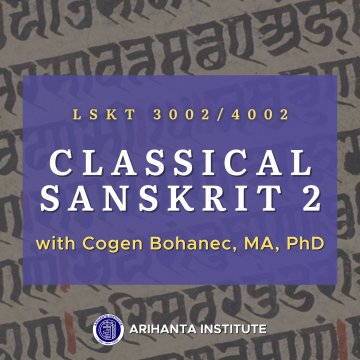
 Spring 2026 (January 26 – May 4, 2026)
Spring 2026 (January 26 – May 4, 2026)
 Fall 2025 (September 2 – December 8, 2025)
Fall 2025 (September 2 – December 8, 2025)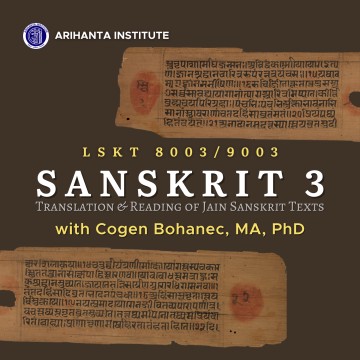
 Coming Fall 2026
Coming Fall 2026